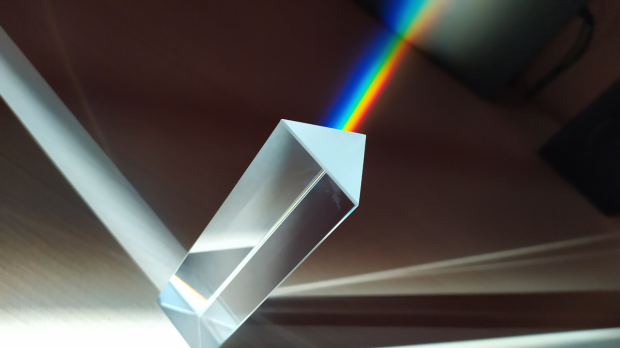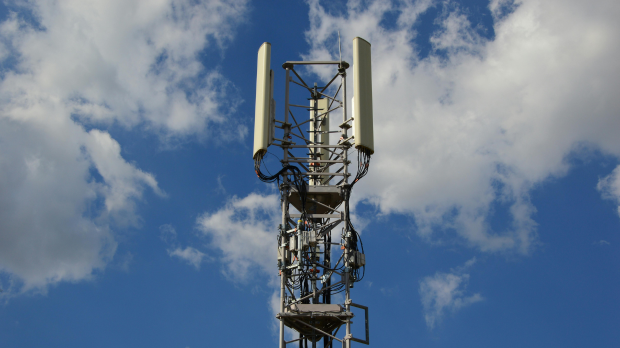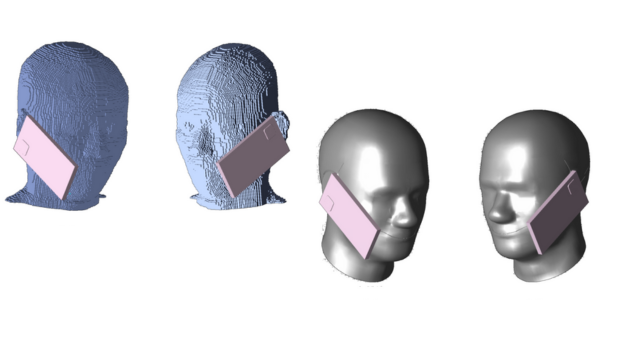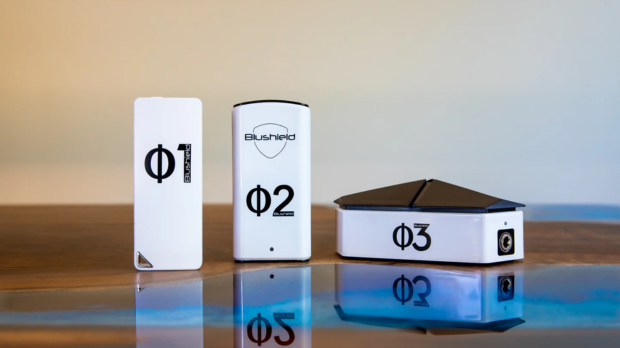THE CENTER'S MISSION
The Center for the Study of Electromagnetic Fields and Radiation was established to provide a skeptical, scientific perspective on the effects of electromagnetic radiation exposure. This skeptism is two-fold: (1) skepticism of those who baselessly promote practices such as "vibrational healing" or "crystal shielding" to oppose the effects of electromagnetic radiation, and (2) skepticism of the those who vigorously defend the status quo that all non-ionizing radiation is perfectly harmless despite exponentially increasing exposure. The Center's postition is that both categories of claims must be addressed by the evidence, for that is how scientific inquiry ought to be conducted, not by assumptions and certainly not through fear.
FEATURED ARTICLES
-

SCIENCE WATCH ALERT: WHO Confuses Fields and Radiation
-

Editorial: Understanding the Jargon — EMFs and Radiation
-

Commentary: EMF Exposure and the Antioxidant Defense System
-

Commentary: Reducing the Specific Absorption Rate for 5G Technologies
-

Commentary: Multiple Frequency Radio Wave Exposure SAR Evaluation
-

Editorial: Electromagnetic Radiation — Friend or Foe?
-

Commentary: Evaluating the Merits of the Blushield EMF Protection Device
-

Commentary: The Effect of 2.4 GHz Frequency EMR on Chick Embryos and SH-SY5Y Cells
-

Commentary: The Effect of 5G (700 MHz Frequency) Radiation on the Reproductive Health of Female Rats
ARTIFICIAL INTELLIGENCE USAGE
With the advent of artificial intelligence technologies, it is important to note that we do not use AI for the generation of scientific content. All articles are written by humans, never by AI models. Some images or otherwise superfluous aesthetic details may be derived from aritificial intelligence, but this will never affect the quality or content of our scientific analysis.

